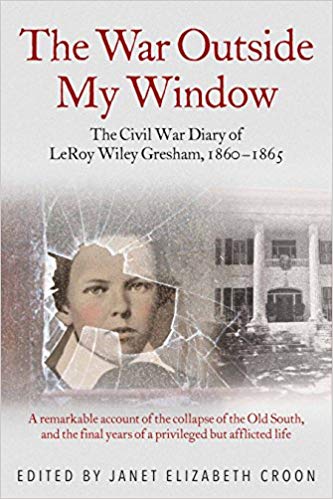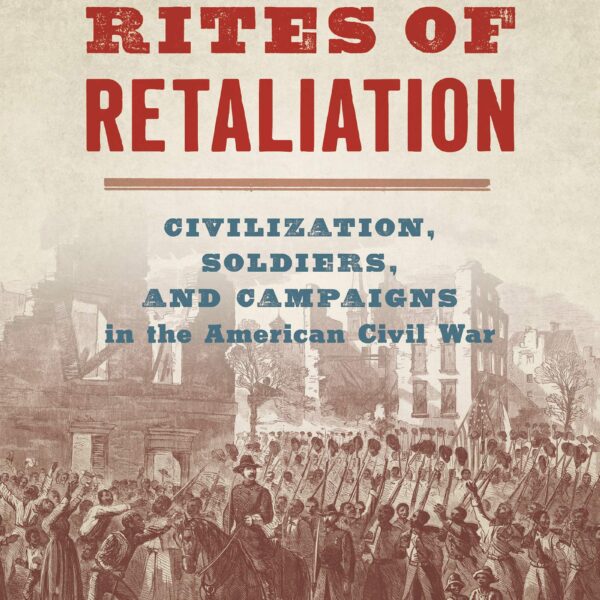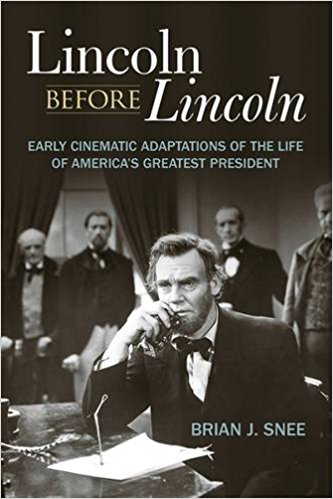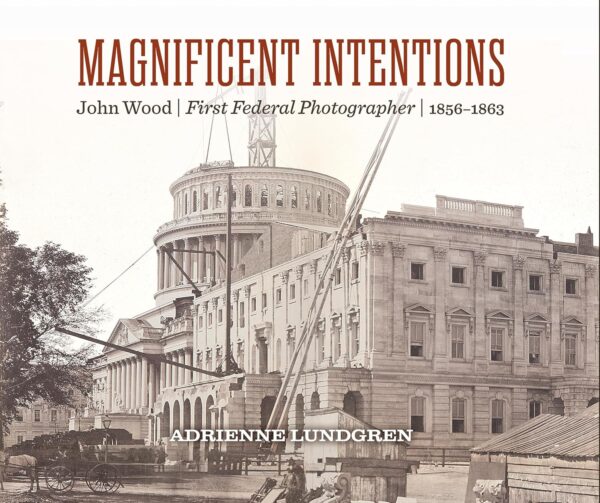The discovery of the remains of at least a dozen murder victims on a homestead plot in Labette County, Kansas, in 1873, launched a manhunt across the Western prairie and vaulted the Bender Family into Western folklore infamy. The four perpetrators—John Bender, Sr., Elvira, Kate, and John Bender, Jr.—gave authorities the slip. Law enforcement found an abandoned wagon and horse team in the snow outside Thayer, Kansas; they were left only with the tip that the Benders had escaped to Texas on the Leavenworth, Lawrence, and Galveston Railroad. The trail ultimately went cold. Authorities arrested alleged accomplices, and rumors swirled that the Benders had been captured and killed by vigilantes. Others believed some of the Benders, living under aliases, were captured in the 1880s for other crimes committed in Idaho, Montana, and Michigan.
The Benders’ story is intriguing, but it is hardly obscure. The author admits as much. An account of the investigation into the Benders, The Bender Hills Mystery, was first published in 1934 and then reprinted in 1962. The story is also alive and well in the memory of contemporary Kansans. Yet what makes Jonusas’s account so fresh and fulfilling is that it is less a story about the Benders than a history of the violence woven into the settlement of the Western prairie. The Benders lived (and killed) in what Jonusas calls a “nursery of moral monstrosities.” And violence in the West extended its reach further than the criminals, marshals, and vigilantes that filled the pages of dime novels. Before the Benders arrived, Kansas in the 1850s had been stained in the blood of sectional strife over the fate of slavery. While the Benders tormented their victims in 1871, the railroad lines being sunk into the Kansas sawgrass were securing the bloody conquest of a continent. Leavenworth, Kansas, became the headquarters for bloodshed and Indian Wars being spread from the Colorado Plateau to the “greasy grass” of the Powder River Country. Public executions, lynchings (often targeting Native Americans and Hispanic individuals), dueling, mob violence against Chinese immigrants, and murder were regular features of daily life from Dodge City, Kansas, to Virginia City, Montana.
In this volume, Jonusas deftly straddles two audiences and two literary genres. Her book fits neatly next to other recent popular accounts of nineteenth century crime, violence, and serial murder (here, Erik Larson’s much acclaimed account of H.H. Holmes, Devil in the White City, comes to mind as a worthy comparison). At the same time, the author has contributed to the professional historiography of the American West. The New Western History, beginning with Patricia Limerick’s The Legacy of Conquest, has long recognized violence as an endemic if amorphous aspect of the West’s settlement. More recent historiography has cast the settlement of the prairie as an act of violence itself. Richard White’s Railroaded, for example, argued that the creation of the transcontinentals unnecessarily escalated warfare and violence between the United States and the Western Indigenous Nations. In this volume, Jonusas adds more to this story—spotlighting the Benders as particularly monstrous actors on a stage covered in the blood of conquest and post-Civil War racial strife.
Aaron David Hyams is a Lecturer in the Department of History at Sam Houston State University.




